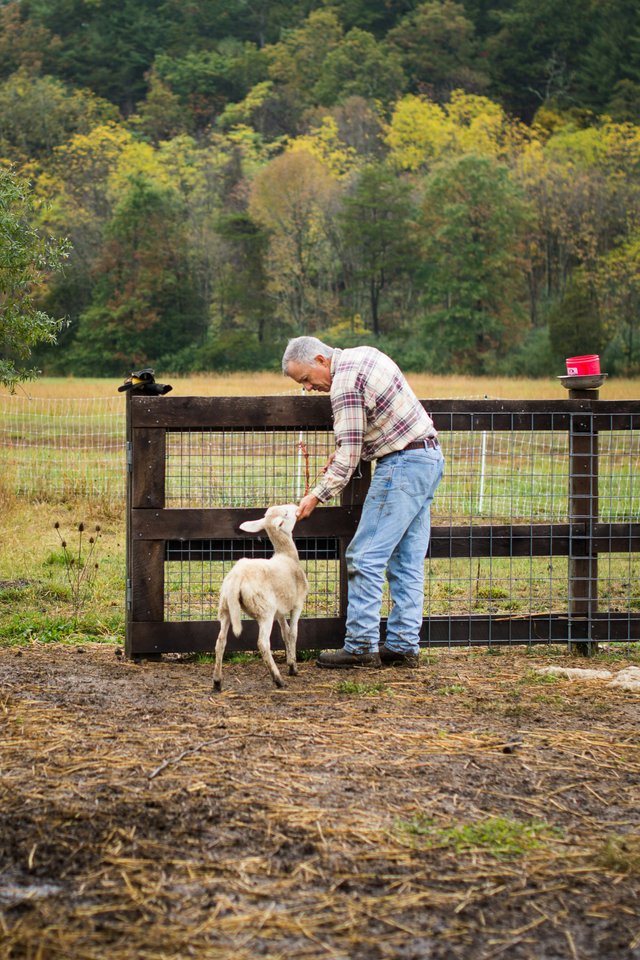Reasons for having farms at homes

Rural living isn’t just for farmers or ranchers. Learn how you can have your own farm, too.
Discovering the Benefits of Owning a Farm
If you've been dreaming of a greener kind of life, you may have thought about getting more in touch with nature by starting to own a small farm. Owning and operating your own small farm is a rewarding pursuit that could enhance your lifestyle in numerous ways-- from providing fresh, organic food to helping you stay connected to the natural world.
But before you jump into the world of agrarian pleasures, it is important to understand the basic fundamentals of farm ownership. Join us today as we introduce you to the many benefits of owning a farm, and provide you with an essential guide for beginners or those who have already lived the rural lifestyle but want to own a farm full-time.
Is Owning Farmland a Good Idea?
Farmland offers both short-term and long-term opportunities for creating wealth. The land itself is a hard asset and typically maintains its value in your investment portfolio. Its low-risk nature can help diversify your holdings and balance out some of your riskier stock market investments.
Enjoying the Outdoor Lifestyle by Owning a Farm
Owning a farm can offer an incredible outdoor lifestyle where you can connect with nature in ways not available with other property types. From tending to crops, to caring for animals, to exploring the many acres of land, there’s something for everyone to enjoy on a working farm. This can be especially beneficial for those who have a passion for and affinity towards farming and rural living.
On the one hand, taking care of farm animals such as cows, chickens, goats, sheep, and horses requires consistent effort from owners. It also entails committing your time and resources to meeting the daily needs of these animals, such as feeding and providing them with fresh water regularly.
Maintaining a farm is like running a business in which you need to develop budgets, hire staff, monitor expenses, purchase new equipment and ensure upkeep of existing structures is taken care of.
Depending on your goals as a farmer, you get to decide what uses your land will serve - whether it’sraising animals or cultivating crops or both. Additionally, purchasing farmland allows you to take advantage of financial incentives like tax breaks through agricultural programs established by local, state and federal governments.
Are there tax benefits to owning a farm?
According to the United States Department of Agriculture (USDA) Farm Service Agency (FSA), “farmers may be eligible for exemption from paying some or all of their federal taxes.” In addition to financial savings, there's nothing quite like enjoying the fresh air and broad open spaces found on most large farms today. This access to nature has long been known by health professionals as being mentally restorative and even therapeutic.
Working with Animals and Crops
Working with animals and crops is an important part of owning a farm, as it can be an enjoyable experience. It also has several benefits, such as fostering a connection with the natural environment and providing food sources for oneself and others. Being able to work with animals and crops can bring a sense of pride to the owner, allowing them to develop a nuanced understanding of animal behavior and agronomy.
Working with animals and crops can present multiple challenges. Certain animals may require fencing or specialists’ help to ensure their well-being. Experience with farming techniques or agricultural technologies is essential for anyone wanting to become successful in this venture.
Being able to work with animals and crops is a major benefit when owning a farm, but requires dedication and knowledge from the new owner.
Financial Benefits
Farms have been a source of income and personal wealth for people for as long as agriculture has existed. Owning a farm offers many financial benefits to its owner, including tax incentives, access to valuable resources, and the potential for increased income from crop sales, rental fees, and livestock production. It's important to note that the start-up costs of owning a farm can be substantial, so it’s important for farmers to create a comprehensive business plan to ensure success.
Tax Benefits
Fortunately for farmers, there are several ways they can benefit from favorable tax treatment. Farmers may be able to deduct expenses related to their farming activities. For example, they may be able to deduct the cost of goods purchased or services used in the course of farming, such as feed or inputs necessary for crop production.
In addition, they may qualify for capital cost allowances (CCA) which allow businesses to write-off certain expenses related to their operations over time.
Resource Benefits
Owning land means having access to valuable natural and human resources that can be used both on and off the farm. Natural resources include items like water and soil quality that are essential for successful farming operations. Human resources can include skilled workers who contribute labor and knowledge specific to agricultural processes.
Because farms often come with buildings or other land features onsite, owners also have opportunities to collect rent from tenants looking for residential or commercial space on their property.
These are all positive reasons we should have a little farm in our homes or if you like you can also enter large scale farming which will also benefit you thanks.